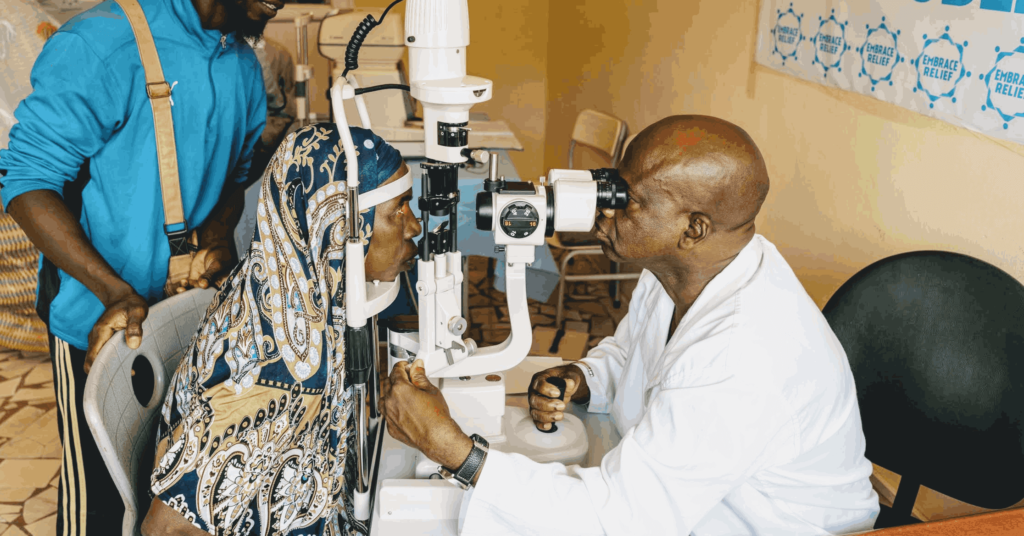Cataract surgeries in Africa are becoming more and more necessary, particularly in Mali where millions of people are currently in need of it. Over the course of their lives, millions of Malians become prone to develop eye cataracts, a debilitating disease that is the leading cause of blindness in Africa and greatly impacts their quality of life. A big reason they develop this illness is because of the country’s unique geographical features.
Mali’s Unique Geographical Features
Mali is located in West Africa, most of it lying in the southern Sahara Desert, which produces an extremely hot, dust-laden climate. The country is mostly flat, with rolling northern plains covered in sand. The thermal equator, which matches the hottest spots year-round on the planet based on the mean daily annual temperature, crosses the country as well. Therefore, it comes as no surprise that Mali is the second hottest country in the entire world. It also receives very little rainfall, so droughts are incredibly frequent. In fact, the vast northern desert part of Mali has a hot desert climate with long, extremely hot summers and scarce rainfall, while the central area has a hot semi-arid climate with very high temperatures year-round, a long, intense dry season, and a brief, irregular rainy season.
How This Impacts People in Mali
It is for these reasons that many people in Mali suffer from extreme heat and clean water and food scarcity, which leads to malnutrition, which in turn causes cataracts. Dust from local sandstorms scratching the cornea also contribute to cataract symptoms.
Unfortunately, cataracts interfere with a person’s daily activities and causes them to have to relearn tasks such as how to navigate their home and village, eat, wash themselves, take care of their families, and live a fulfilling life. The disease is debilitating for the entire family, because when one family member develops the disease, they often need the rest of the family to assist them with their everyday activities. This in turn leads to multiple family members being unable to work, further perpetuating the region’s extreme poverty. Because of the extreme poverty in many areas of Mali, many people can’t afford cars and live hours away from the closest hospital, as there are only about 13 doctors for every 1,000 people. As a result, they’re unable to receive the basic healthcare services necessary to fend against easily treatable diseases like cataracts. Cataracts, in particular, can be cured by a simple 10 minute surgery that permanently fixes vision and ultimately restores people’s ability to live a healthy, productive life.
How You Can Help
Since 2013, our volunteer doctors have performed nearly 60,000 health checkups and 3,700 cataract surgeries with our Mobile Health Clinic, which visits remote areas of Mali lacking basic healthcare service. We also operate the Mali Medical Center, which provides medical equipment to the Clinic Gaoussou Fofana and Clinic Planet Vision in the capital city of Bamako, Mali. By donating today, you will help us give the gifts of sight and health to thousands more people in Mali so they can live healthy, fulfilling lives and contribute to their families and communities.

